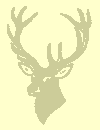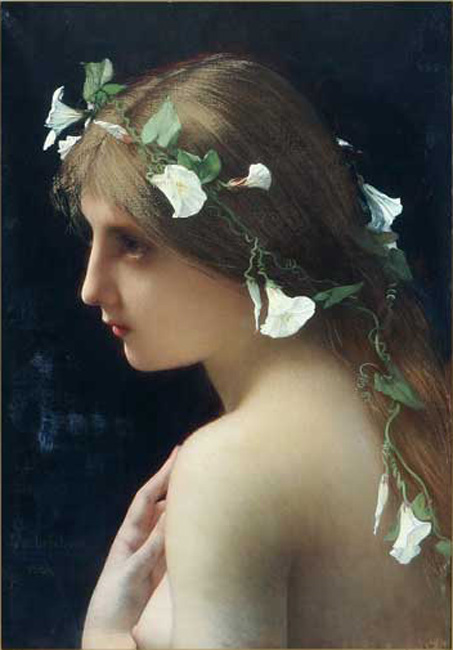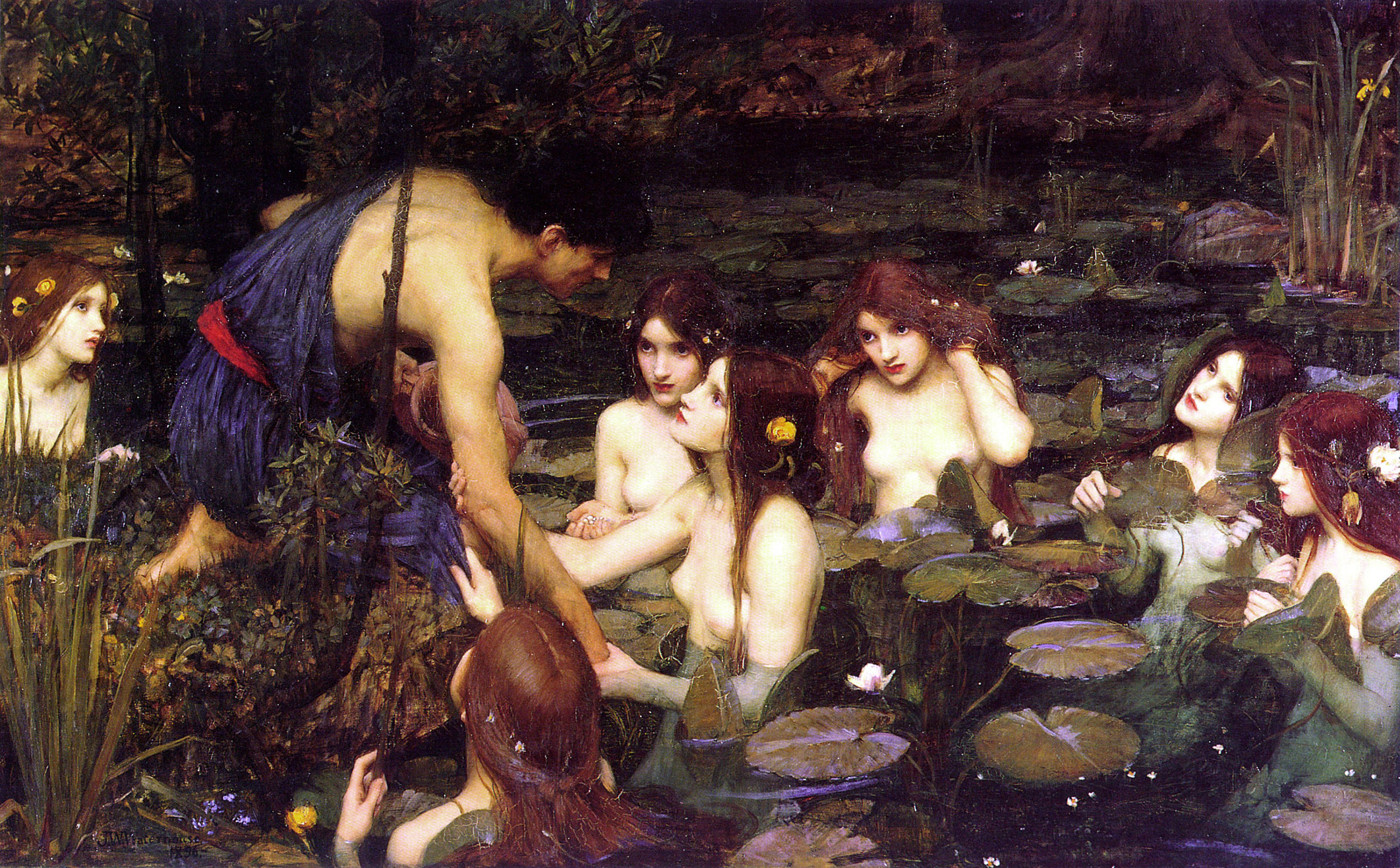Conscience
or rather conscientiousness.
One considers usually that an answer of the Yi Jing is valid only for the moment when the question is asked. For my part, I consider that it is up to the questioner to fix the range of the answer.
I thus affirm that Yi Jing must be able to answer questions which aim at the totality of the existence; with this intention, I consider that all that refers to the time amounts to expressing the global circumstances of the life of the questioner.
* * * * * * *
One day, I handled the rods of achillea to ask the Yi Jing to suggest me a way to obtain inner peace, quiet mind, and to preserve them.
☳
☶
It answered me with the hexagram 62 “Xiao Guo”, “preponderance of the small”, formed by the trigram ☳, “zhen”, “the arousing, thunder”, surmounting the trigram ☶, “gen”, “keeping still, mountain”.
The general meaning of this hexagram is given by the judgement, which states:
PREPONDERANCE OF THE SMALL. Success.
Perseverance furthers.
Small things may be done; great things should not be done.
The flying bird brings the message:
It is not well to strive upward,
It is well to remain below.
Great good fortune.
Here is an extract of the comment Richard Wilhelm wrote about this judgement:
Exceptional modesty and conscientiousness are sure to be rewarded with success; however, if a man is not to throw himself away, it is important that they should not become empty form and subservience but be combined always with a correct dignity in personal behavior.
We must understand the demands of the time in order to find the necessary offset for its deficiencies and damages.
In any event we must not count on great success, since the requisite strength is lacking
In this lies the importance of the message that one should not strive after lofty things but hold to lowly things.
The structure of the hexagram gives rise to the idea that this message is brought by a bird.... this gives the image of a soaring bird.
But a bird should not try to surpass itself and fly into the sun; it should descend to the earth, where its nest is.
Humility is said without servility, it consists in dealing, while keeping a worthy attitude, with things of small importance, smale scale, small greatness, i.e modest.
How does this “judgement” answer my question?
It suggests that I cannot obtain inner peace by taking height, distance compared with the contingencies of the present.
I should not avoid immediate, concrete, small, modest realities, and fly away towards higher thoughts or aspirations, but face them.
In a face-to-face discussion without condescension, without presumption, but with a respectful attention, with delicate, subtle and light conscientiousness, as when I am walking in a garden.
Thus that I abandon the idea of doing great things and having great aspirations, and that I remain on earth, or come back to live on it, with sensitivity and lightness.
Inner peace is the friend of small things and simplicity.






